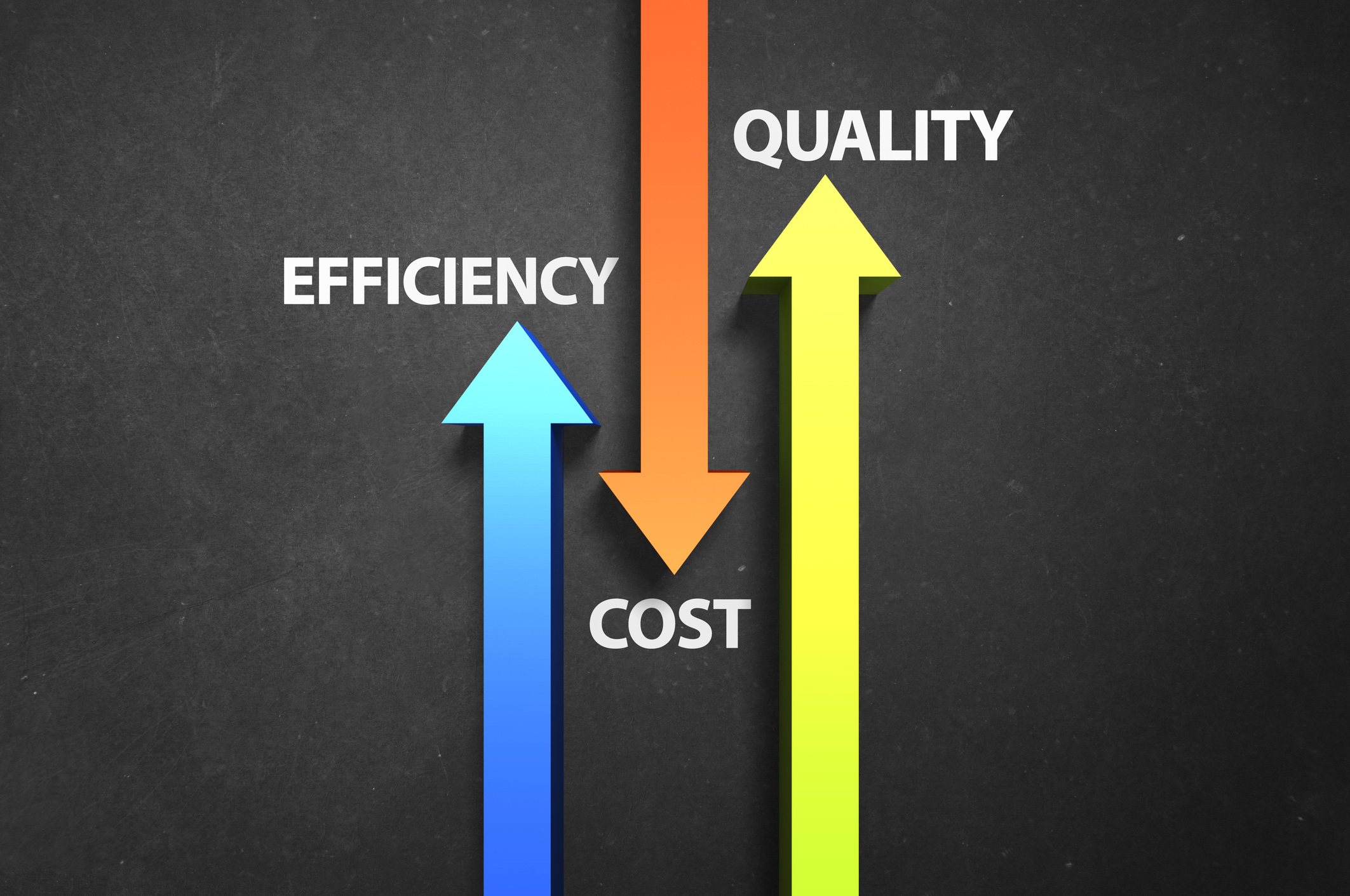Converting your golf cart to use a lithium battery can be a significant investment, but it often comes with numerous benefits that can outweigh the initial costs. This cost-benefit analysis will help you understand the financial implications of switching to lithium batteries, considering both the upfront costs and the long-term savings.
Initial Costs
In recent years, with the continuous expansion of lithium battery production and the decline in raw material prices, the price of lithium batteries has become more and more competitive, even comparable to that of lead-acid batteries.
Longevity and Replacement Costs
Lithium batteries generally last longer than lead-acid batteries, often exceeding 10 years with proper maintenance compared to 2-3 years for lead-acid batteries. This extended lifespan means fewer replacements over time, leading to significant savings.
Reduced Maintenance Costs
Golf Cart Lithium batteries are virtually maintenance-free, unlike lead-acid batteries, which require regular checks and maintenance (e.g., water levels, equalization charges). This reduction in maintenance can save you both time and money.
Improved Efficiency
Lithium batteries have a higher energy density and charge faster than lead-acid batteries. This efficiency can lead to lower energy costs over time, especially if you frequently charge your battery. Additionally, the lighter weight of lithium batteries can improve the overall performance of your golf cart, potentially reducing wear and tear on components.
Resale Value
Golf carts equipped with lithium batteries may have a higher resale value compared to those with lead-acid batteries. As more consumers become aware of the benefits of lithium technology, demand for lithium-equipped carts may increase, providing a better return on investment when it’s time to sell.
Eco-Friendliness
Lithium batteries are more environmentally friendly than lead-acid batteries, as they do not contain harmful substances like lead and sulfuric acid. This aspect may not have a direct financial impact but can be a significant factor for environmentally conscious consumers.
Recyclability
Lithium batteries are recyclable, which can further reduce their environmental impact. Some manufacturers offer recycling programs, which can also provide a small financial return when the battery reaches the end of its life.
When conducting a cost-benefit analysis of converting your golf cart to a lithium battery, it’s essential to weigh the higher initial costs against the long-term savings and benefits. While the upfront investment may be significant, the advantages of golf cart lithium battery such as longer lifespan, reduced maintenance, improved efficiency, and potential resale value often make lithium batteries a more economical choice in the long run.If you frequently use your golf cart and plan to keep it for several years, the conversion to a lithium battery can be a wise investment that enhances your overall golfing experience.
Post time: Jan-10-2025

